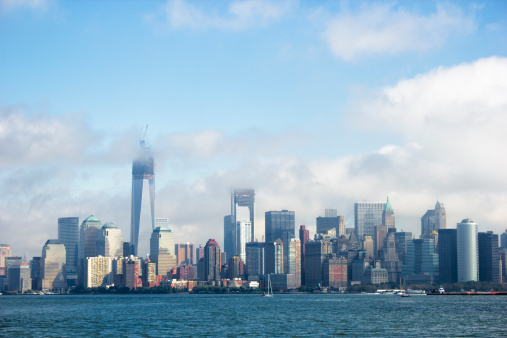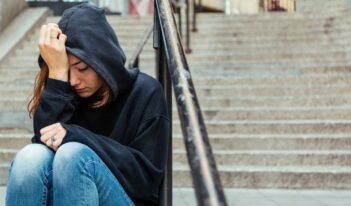
Proposed amendment to New York City’s administrative code seeks to limit construction noise near schools.
The number one quality-of-life complaint in New York City is noise. In The City That Never Sleeps, many residents are constantly searching for peace and quiet. Nevertheless, a noise bill recently introduced in the New York City Council arises from a dispute between two groups that typically value quiet time: the parents of elementary school children and a nursing care provider.
Jewish Home Lifecare (JHL), an elderly healthcare services and assistance nonprofit, announced plans to build a new nursing facility on the Upper West Side. JHL’s construction plan states that the 20-story facility will offer 400 beds to both long — and short-term patients. Working with the Green House Project — a nonprofit dedicated to revolutionizing the living environments of nursing home facilities — the nursing facility’s location in an urban high-rise will make it the first of its kind in New York State. Developers estimate that the building will be operational by 2017, after three years of construction.
Enter the parents of Public School 163 (P.S. 163). P.S. 163, a public elementary school, is directly adjacent to the proposed site for the new nursing facility. After the nursing facility was announced, a group of concerned parents — the P.S. 163 Task Force for a Safe School (Task Force) — organized against the construction to “protect P.S. 163.”
The group states that “the proposed construction of a 20-story facility … may endanger health and safety as well as the quiet learning environment [the children of P.S. 163] now enjoy.” The P.S. 163 Task Force then lists specific threats that will accompany construction, including exposure to continuous high-decibel noise, airborne toxins, dangerous traffic, and massive construction equipment.
In response, Council Member Mark Levine (Democrat-Upper West Side) introduced a bill in the New York City Council to alleviate one of those threats: high-decibel noise. The bill would amend the New York City administrative code to limit construction noise to 45 decibels during normal school hours for any activity within seventy-five feet of a school. Since construction noise regularly reaches levels higher than 80 decibels, this amendment will likely halt construction of JHL’s facility during school hours.
If passed, the bill will be the first in New York City to set a bar on construction noise near schools. In the past, schools have worked directly with private developers to broker “noise deals.” In 2005, the parents of Public School 234 (P.S. 234) in Tribeca created a task force similar to the one at P.S. 163 to challenge an apartment building developer planning construction near the school. The private developer ultimately agreed to pay approximately $2 million in noise reduction measures.
Some have argued that P.S. 234’s success highlights socioeconomic differences in New York City, since not every parent-teacher association is able to provide as much time or money to fight developers. In effect, the argument goes, schools in lower-income areas are more likely to suffer from greater noise and air pollution than schools in affluent areas, thereby decreasing the safety and quality of the learning environment.
The P.S. 163 Task Force argues that they expect the same treatment for their children. “Are my kids’ lungs less precious than those of the kids in the Tribeca school?” asked the co-chair of the Task Force. Another P.S. 163 parent reportedly stated that he felt lucky he could transfer his daughter to a different school if the construction began. He added, “[t]here are a lot of families that don’t have that option.” Rather than relying on the organizing abilities of parents, Council Member Levine’s bill would set a blanket rule for all construction sites near schools throughout New York City, requiring proactive government oversight of new development projects.
For others, like the JHL nursing facility, blanket rules may not be the best solution. According to a report at DNAinfo.com, JHL representative Ethan Geto argued that JHL has “taken extraordinary measures to protect the school,” including the planned “installati[on of] noise mitigating windows and air conditioners” along the side of the school that faces the construction site.
But for proponents of the bill, JHL’s mitigation efforts are not enough. At a recent rally in support of the bill, U.S. Representative Jerry Nadler, New York State Assembly Member Daniel J. O’Donnell, and New York City Comptroller Scott M. Stringer joined Council Member Levine and parents of the P.S. 163 Task Force to voice their concerns about the construction project’s effects on children. According to Council Member Levine, Comptroller Stringer argued that the government should have “zero tolerance” for any projects that endanger children, including the construction of the new JHL nursing facility.



